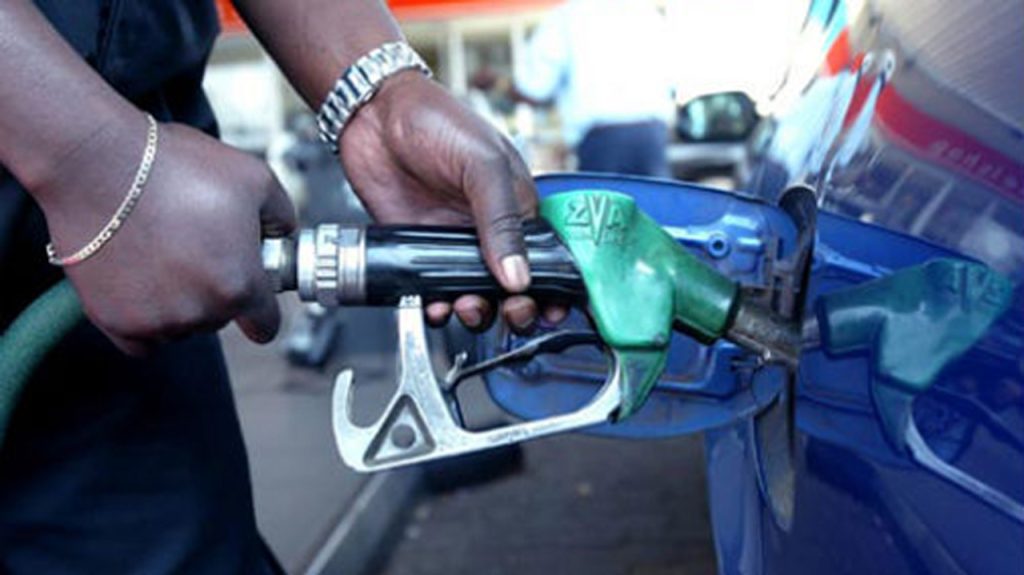- Nigeria’s daily petrol consumption dropped significantly from 66.7 million liters to 44.3 million liters, a 33.58% decline, according to the NMDPRA
- Eight licensed suppliers have imported a total of 291,238,670.69 liters of petrol from June to September, aiming to improve fuel supply
The Nigerian Midstream and Downstream Petroleum Regulatory Authority (NMDPRA) has revealed that the country’s daily petrol consumption has experienced a noteworthy decline. Before the implementation of deregulation, daily consumption stood at 66.7 million liters, but it has now dropped to 44.3 million liters, marking a significant reduction of approximately 33.58%.
Mr. Farouk Ahmed, the Chief Executive of NMDPRA, disclosed this during his keynote address at the opening session of the Oil Trading and Logistics (OTL) 2023 Africa Week in Lagos on Monday.
Ahmed also highlighted that out of the 94 licensed oil marketers, eight wholesale petroleum product suppliers were issued permits to import fuel into the country. These licensed suppliers collectively delivered eight cargoes of petrol, amounting to 251,000 metric tons (approximately 291,238,670.69 liters), between June and September.
The reduction in the number of licensed importers was attributed to challenges related to forex illiquidity, which limited the ability of oil marketing companies to import petrol. However, Ahmed expressed optimism that the government’s efforts to enhance the stability of the harmonized forex market would encourage more oil marketing companies to engage in petrol imports, alongside the Nigerian National Petroleum Company Ltd.
Ahmed stated, “The supply of petroleum products is expected to be further improved and secured with the Dangote Refinery coming online and the ongoing rehabilitation of NNPCL refineries in the short to medium term. The Nigerian government is dedicated to ensuring the nation’s energy security is optimized within the complex global energy landscape.”
He also highlighted the importance of adopting gas as a transition fuel and the strategic gas development frameworks through the Decade of Gas Program (DOGP). The DOGP aims to facilitate the growth of gas processing, storage, transportation, retail, and utilization in Nigeria within the decade.
Furthermore, Ahmed noted that the full deregulation of the sector had strengthened Nigeria’s ability to embrace Compressed Natural Gas (CNG) as a sustainable and cost-effective alternative automotive fuel. He mentioned the launch of the Presidential Initiative on CNG (PiCNG) by President Bola Ahmed Tinubu, which focuses on providing infrastructure for modern mass transit systems.
The PiCNG initiative has already commenced work and is well-supported with the necessary tools and funding to fulfill its objectives. The event saw over 200 participants and more than 20 exhibitors, underscoring the importance of the oil and gas sector in Nigeria’s economy.
